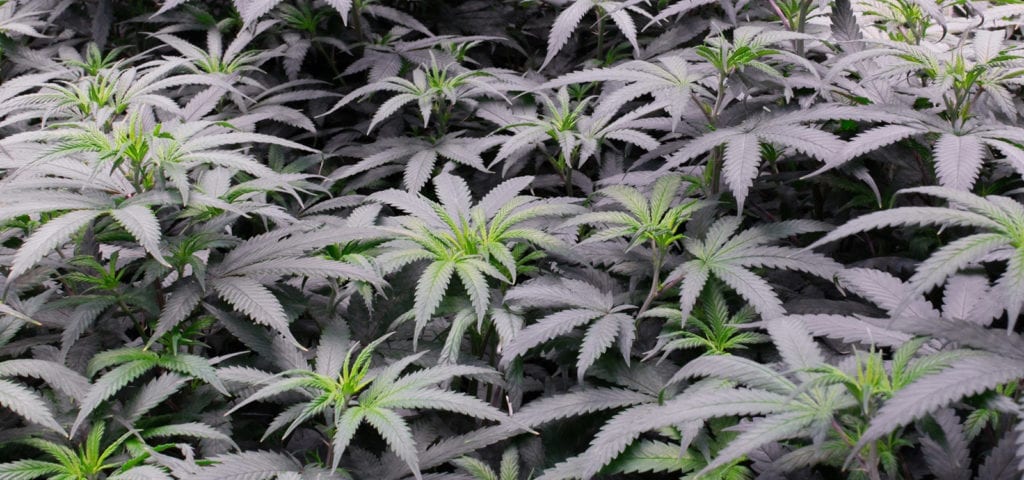A bill to exclude cannabidiol and “cannabidiol-rich plants” from the definition of “marihuana” under the federal Controlled Substances Act has been introduced in the House by Republican Rep. Scott Perry and co-sponsored by a bi-partisan cadre of lawmakers from states with both comprehensive and limited medical cannabis programs.
Perry said that while lawmakers in his home state of Pennsylvania have moved to allow access to CBD therapies, access remains restrictive due to federal laws which leave families and children “out of options.”
“I still disagree with the recreational use of marijuana; however, these children and individuals like them deserve a chance to lead a healthy and productive life, and our government shouldn’t stand in the way,” Perry said in a press release. “My proposal is a narrow way to ensure that these kids get the help they need.”
Under the measure products containing CBD with no more than .3 percent THC would be removed from the federal definition of marijuana.
Last July, Nora Volkow, the director of the National Institute on Drug Abuse, penned an op-ed in the Huffington Post concluding that “CBD appears to be a safe drug with no addictive effects, and the preliminary data suggest that it may have therapeutic value for a number of medical conditions.”
The bill has been moved to the House Energy and Commerce, Judiciary, and Financial Services committees.
Get daily cannabis business news updates. Subscribe
End
